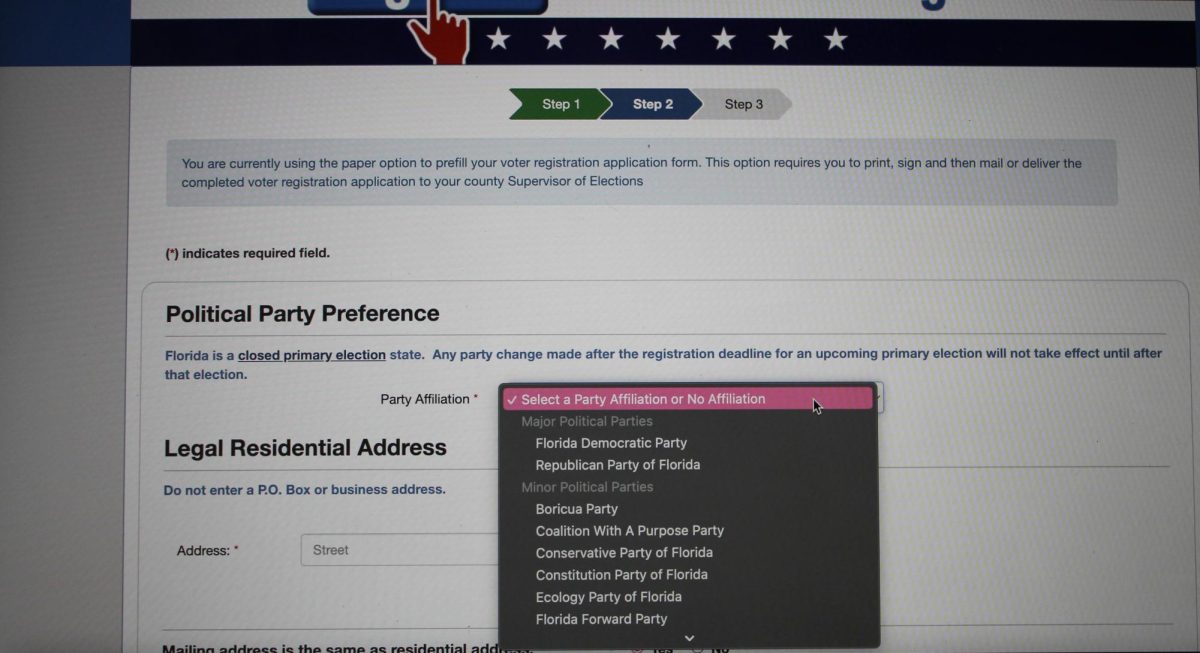On March 26, the fatal Francis Scott Key bridge collapse caused the death of six Latino migrant workers: Alejandro Hernandez Fuentes, Miguel Luna, Mayno Yassir Suazo Sandoval, Dorlian Castillo Cabrera, Jose Mynor Lopez and Carlos Hernandez. The victims, from Mexico, El Salvador, Honduras and Guatemala, perished as a result of a failure to evacuate them from the work site at the time of the collapse. Their deaths reveal the harsh reality behind the labor industry — primarily amongst the industry’s population of Latino immigrants, who, legally or otherwise, come to this great nation eager for the chance to improve the lives of their families and work without sufficient protection. This means no guaranteed health care or union contracts, causing them to fall victim to an ever-rising rate of work-related death.
As of 2021, 14% of all work-related deaths — mostly in the construction industry — were foreign-born Hispanic or Latino workers, according to the Bureau of Labor Statistics. There are simply not enough protections in place for those accepting the job opportunities that higher-income or more established Americans want; in the case of reporting abuse, such as the use of faulty equipment or lack of safety procedures, contracting companies, and employers can fight back and shut down any accusation of abuse. There are no laws protecting their wages, and in most cases, these workers accept jobs without labor union contracts or any form of safety net.
In a political climate where illegal immigration and the border crisis have become hot points of contention for ballots and debate, the construction industry’s dire need for an increase in younger, able-bodied workers to fill a labor gap has been overridden with policies against legal immigration and a shift in public opinion over the border crisis. In place of protecting legal immigration policy and allowing the influx of migrants south of the border, policies and political campaigns have done otherwise: cutting off a critical point of access to laborers for the construction industry. An overall labor shortage due to young people being encouraged to pursue higher education and an aging labor population has significantly cut down the pool for the labor industry to grow their employee base.
A study conducted through the University of Michigan’s Criminology and Criminal Justice Department showed that of the 10.5 million immigrants living in the U.S., more entered the country with authorization, arriving via plane with a valid passport or driving through a border checkpoint, than without. Furthermore, the study reflected that immigrants in good standing are less likely to commit crimes than the average American, emphasizing the need for theU.S. government to work to enhance labor laws for the protection of these hard-working people inspired by the illusionary U.S. and the principles it represents.
In a country founded on the notion of social mobility and the concept of the pursuit of economic prosperity for the individual, the hypocritical belief held by the average anti-immigrant arguer about the fear of job loss raises the following question: would you put your life on the line for that industry in the first place?
However, illegal immigration, the humanitarian risks posed by smuggling organizations and potential infiltration by cartels south of the border add complexity to the argument for protecting immigrant rights in the labor force. It is hard to introduce policies protecting the lives of immigrants moving to the U.S. by illegal means, granted that they are not technically considered citizens. The lives of those working the most difficult jobs in the nation should not be considered an issue of legal status. Any human putting their lives on the line to improve infrastructure that helps make this country great should be treated as such, and provided job security and the confidence that their work is not done in futility.













